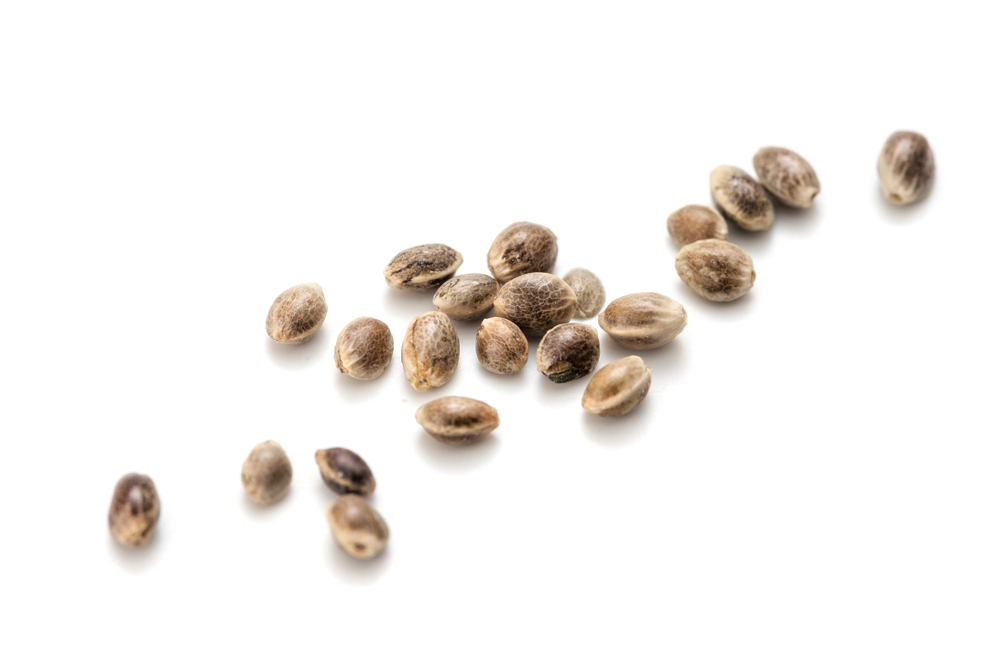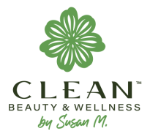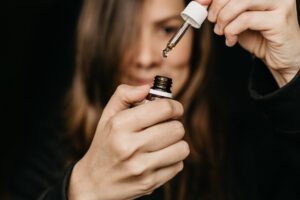You Need to Know the Differences Between CBD Oil and Hemp Oil
Hemp oil and CBD oil have become increasingly popular in recent years for their potential health benefits. However, there is a lot of confusion between these two trendy oils.
Are hemp oil and cannabidiol (CBD) oil one and the same? Where do they come from? And what are their specific benefits?
Let’s clear up some of these questions to better understand what these oils are and how you can add them into your daily routines most effectively.
Where Do CBD and Hemp Oils Come From?

Let’s start by clarifying where each of these oils comes from. It’s important to note that cannabis and hemp are two different plants that belong to the same species, Cannabis sativa. Both CBD oil and hemp oil are derived from the hemp plant, but — and here is the point to note — they come from different parts of the plant.
Hemp oil, also known as hemp seed oil, is extracted from — you guessed it — the seeds of a hemp plant.
On the other hand, CBD is sourced from the entirety of the plant, including the stalks, stems, leaves, and flowers. In particular the leaves and flowers contain concentrated levels of CBD. Each oil is made of different components because of where it is extracted from.
What Is CBD Oil vs Hemp Oil?
Hemp oil is high in omega-3 fatty acids, protein, and vitamin E, which has resulted in its long-time use in health and beauty products. Hemp oil contains virtually no tetrahydrocannabinol (THC), the stuff that gives you a high, and very little CBD.
CBD oil is also low in THC and contains components called phytocannabinoids and terpenes, which interact with the body’s endocannabinoid system. This system is involved in maintaining homeostasis in the body and helps mood, memory, pain, and stress.
Both oils are popular due to their potential overall health benefits, without the psychoactive effects of smoking cannabis.
So, What Are These Oils Good For?
Hemp oil, the more well-known of the two, has long been used in health and beauty products due to its high nutritional value. Hemp oil can be used in food, beverages, skin and hair products, and nutritional supplements.
CBD oil has recently emerged as a popular one-stop-shop for overall well-being. A 2021 study, “Cannabidiol use and effectiveness: real-world evidence from a Canadian medical cannabis clinic,” found that CBD was effective for individuals with moderate to severe symptoms related to pain, anxiety, and depression, as well as for overall well-being.
How Can You Incorporate CBD Oil Into Your Daily Routine?
So how can we use these super oils? Both can be taken orally, applied topically, and added to smoothies and coffees. But, you’ll experience different results from each.
Hemp oil is more commonly added to food or applied onto the skin through various beauty products. Think of a pantry staple, rather than a makeup bag essential.
CBD on the other hand is more at home in a medicine cabinet, or in a cream you’d incorporate into a skincare regime.
For therapeutic purposes, many people take a daily dose of CBD tincture. It’s often ingested by taking drops under the tongue or consumed in the form of gummies. On the skincare side of the CBD spectrum, why not make a CBD Face Serum or an Age Defying Cream part of your daily skincare regimen.
CBD? Hemp Which One Is Right for You?
So, there you have it—hemp oil and CBD oil, two oils from a single plant that both contain beneficial properties, but deliver entirely different effects. The moral of the story here is that hemp, a plant rich in nutrient-dense oils and cannabinoids like CBD, has a lot to offer.


[…] anxiety reduction, skin improvements, etc.—will vary based on what kind of receptor the CBD interacts […]
[…] believe that the perfect, stress-fighting duo, is a positive mindset and pure CBD oil. Why? Because, a 2021 study found CBD helped reduce pain levels, which in turn improves quality of […]
[…] is available in various forms, from oils, tinctures, capsules, and vapes to gummies, flowers, sprays, creams, and gels. Because it’s […]